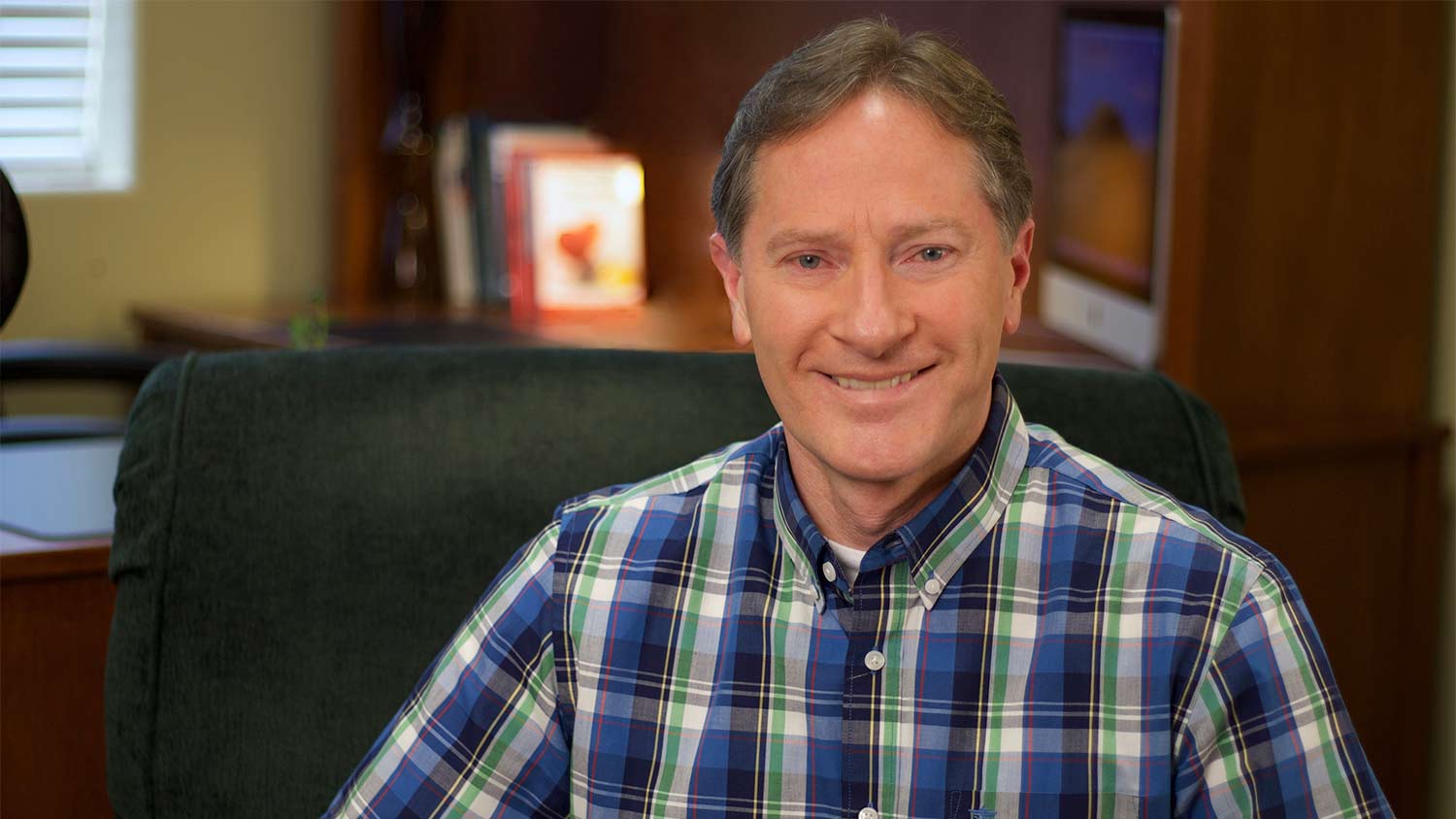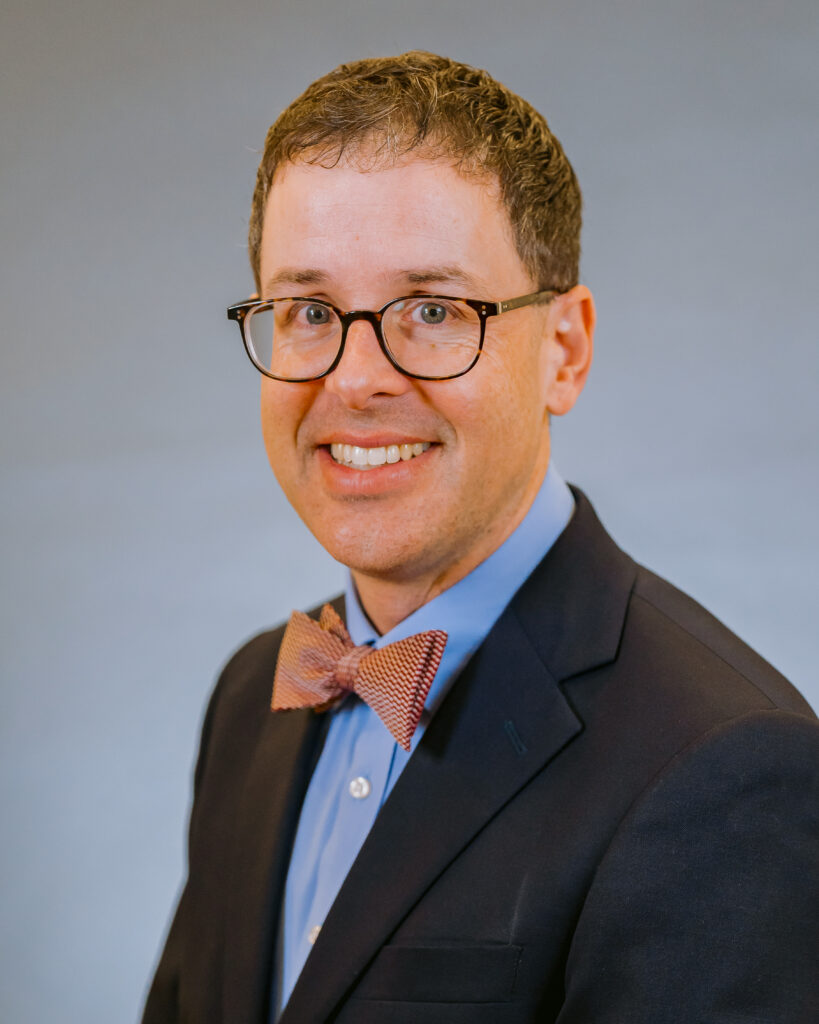
WASHINGTON – Numerous states, counselors, medical professionals, feminists, and minority faith groups have submitted friend-of-the-court briefs to the U.S. Supreme Court, asking it to take the case of Brian Tingley, a licensed marriage and family counselor unconstitutionally censored by a Washington state law.
The law violates Tingley’s freedom of speech and infringes on his religious faith and that of his clients by censoring certain private client-counselor conversations about sexual orientation and gender identity that the government disfavors while allowing—and even encouraging—conversations the government favors. Last month, Alliance Defending Freedom attorneys representing Tingley asked the Supreme Court to reverse a U.S. Court of Appeals for the 9th Circuit ruling affirming a district court’s decision to throw out Tingley’s challenge to the law.
“The government should never control a counselor’s speech with his clients. Washington’s Counseling Censorship Law violates freedom of speech and harms counselors as well as clients,” said ADF Senior Counsel and Vice President of Appellate Advocacy John Bursch. “Brian has counseled all types of people for more than 20 years, and those conversations are private—certainly not open for the government to censor. The government has no business dictating what personal goals a client can pursue in counseling. A diverse group of individuals and organizations have joined us in asking the Supreme Court to hear this case and halt the unlawful attempt of Washington state officials to ban someone’s speech simply because they disagree with the viewpoints expressed.”
In 2018, the state of Washington adopted a law that prohibits any conversation between a counselor and a minor client in pursuit of a goal to “change” that young person’s perceived gender identity or sexual attractions. The lawsuit, Tingley v. Ferguson, notes that the law censors simple conversations within a voluntary counseling relationship between clients and counselors that are directed toward personal goals that the clients chooses for themselves.
Significantly, the law only prohibits counsel in one direction: For example, it allows counseling conversations that aim to steer a young person toward a transgender identity but prohibits conversations that aim to help that same person return to comfort with his or her sex if that’s what the individual may want. The law threatens fines of $5,000 per violation, suspension from practice, and even permanent revocation of a counselor’s license.
Tingley has maintained a private practice offering counseling since 2002. He works with children, adults, and couples dealing with marital and family conflicts, sexual-orientation and gender-identity struggles, depression, anger, and stress management. Tingley engages in nothing but ordinary counseling methods—listening to each client, regardless of what they are facing, and supporting them as they work through these challenges to pursue their own life goals.
“The mounting tide of evidence shows that the two Dutch studies relied on by defenders of gender transition procedures are seriously flawed, and that advocates in the field routinely exaggerate known benefits and hide or downplay known risks and unknown consequences. In fact, the science shows that the irreversible, invasive, and harmful consequences of these procedures are medically unnecessary, as gender dysphoria in minors will resolve in the vast majority of cases,” the Christian Medical and Dental Associations wrote in its brief. “This growing evidence has led many governments and medical institutions around the world to push back against gender transition procedures, preferring instead psychological evaluation and support. U.S. counselors and physicians should be allowed to discuss this evidence, including the real risks and certain, irreversible changes effected by gender transition procedures.”
A brief led by the state of Idaho and joined by 12 other states explains that, “free citizens don’t need to choose between making a living in a licensed profession and retaining their right to speak freely. The First Amendment protects Americans from such fundamental compromises. Robust free speech also ensures that professions remain guided by truth rather than dogma. The First Amendment guards the medical field no less than the political arena.”
Alliance Defending Freedom is an alliance-building, non-profit legal organization committed to protecting religious freedom, free speech, parental rights, and the sanctity of life.
# # #

